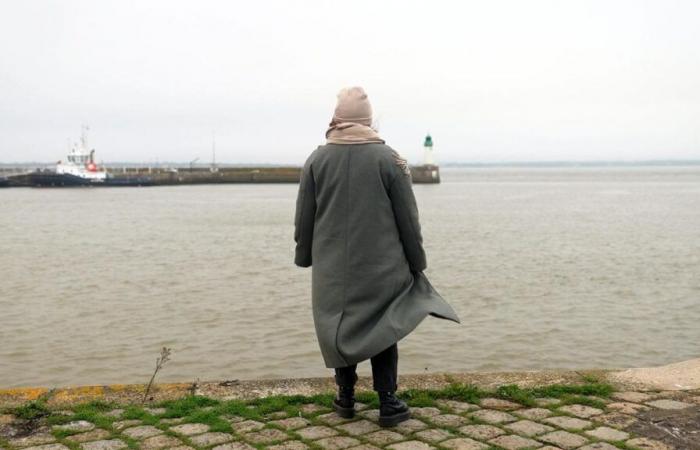
70% of maternity wards are thus accompanied by a depressive state. Known as “baby blues”, this state commonly experienced during the first week after childbirth turns into real perinatal depression for nearly one in five mothers.
Until suicide
These “descents into hell”, in a context of extreme physical and psychological fatigue, are most often marked by the stubborn anxiety of not being able to take care of one’s child, not up to the task. These upheavals are all the more difficult to bear because they are most often faced in solitude, between guilt and incomprehension.
A thousand miles from ideal and idealized motherhood, feelings of shame and ultimately despair can lead to suicide. “It is also the leading cause of maternal mortality,” notes in this sequence the senator for Meurthe-et-Moselle, Véronique Guillotin, a trained doctor.
A mobile team
After a detour to Metz then to the Sorbonne University in Paris, the documentary leads to the perinatal psychiatry unit in Bayonne. A specialized hospital team, of which there are only around twenty in France, has been assembled there since 2021. Proof that the care needs were and are there, its activity has doubled each year since its creation.
Decisive work of identification and monitoring throughout the territory is carried out in particular by a mobile team called Emoppsy, made up of a midwife and a psychomotor therapist. This intervention outside the walls of the hospital, closer to families, “at the very heart of homes”, is presented as costly but it makes, according to them, “the difference”.
Swiss





